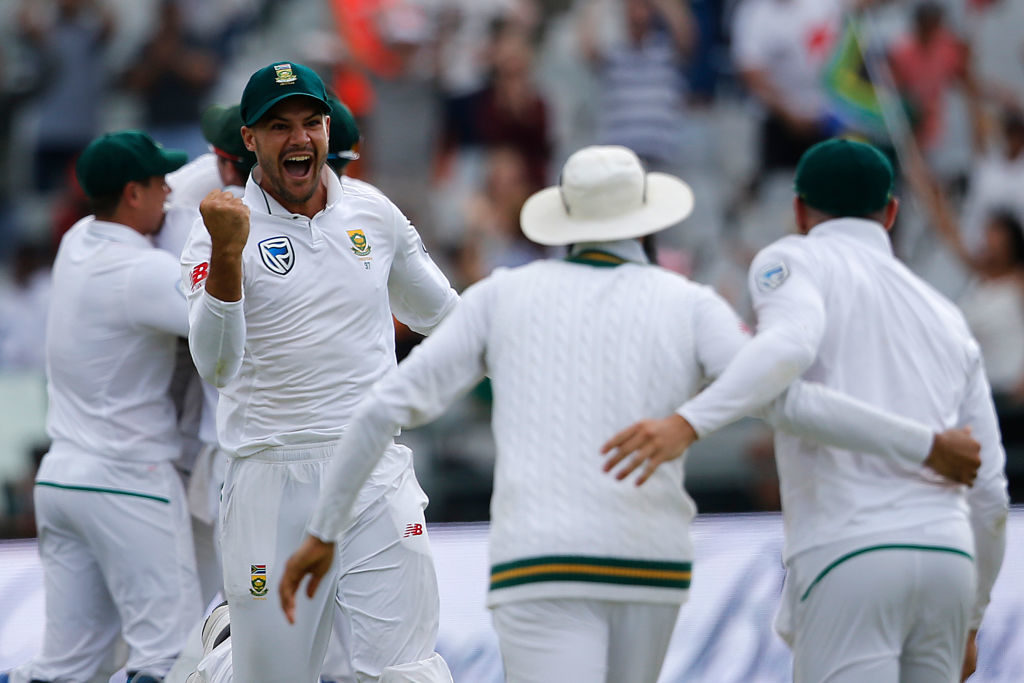The introduction of a ‘shot clock’ for Test cricket has been tabled by the MCC World Cricket Council in a bid to speed up play in the five-day game.
Statistics released by the ICC indicate that the recent trend in Test cricket has shown that bowling-over rates during the past 12 months have been the slowest across the last 11 years during which these have been tracked.
Faf du Plessis recently had to sit out the third Test against Pakistan at the Wanderers (after scoring a superb century at Newlands) as a result of his team’s repeated over-rate infringements. Calls around cricket have centred around the belief that Test cricket is losing popularity because the slower pace of the long-form game is not attractive to an audience brought up on white-ball cricket.
READ ALSO: Faf suspended for final Test
This is contrary to the ICC’s own assertion that Test cricket is indeed healthy, as well as the fact that Test teams are currently playing exciting results cricket. Despite the flood of results in Test matches over the past year, the MCC has released a statement to propose the introduction of the shot clock, which is effectively a timer to be ‘shown on the scoreboard, to count down from 45 seconds from the call of “Over”.
‘If either side is not ready to play when the clock reaches zero, they would receive a warning, with further infringements in that innings resulting in five penalty runs being awarded to the opposition.’
READ ALSO: Faf’s sweet appeal dismissed
The MCC proposal suggests that the time could increase to 60 seconds when a new batsman comes on strike, as well as allowing 80 seconds when there is a change in bowling. There would also be a set time allocated to cover the fall of a wicket and they have also proposed ways to reduce the time taken for the DRS process to reach a decision.
‘During DRS reviews, the standard protocol should be cut short as soon as the TV production team is aware that it will be not out,’ suggests the MCC, who have also advocated for the introduction of a free hit for the batting side after a no-ball.
Photo: Marco Longari/AFP/Getty Images







